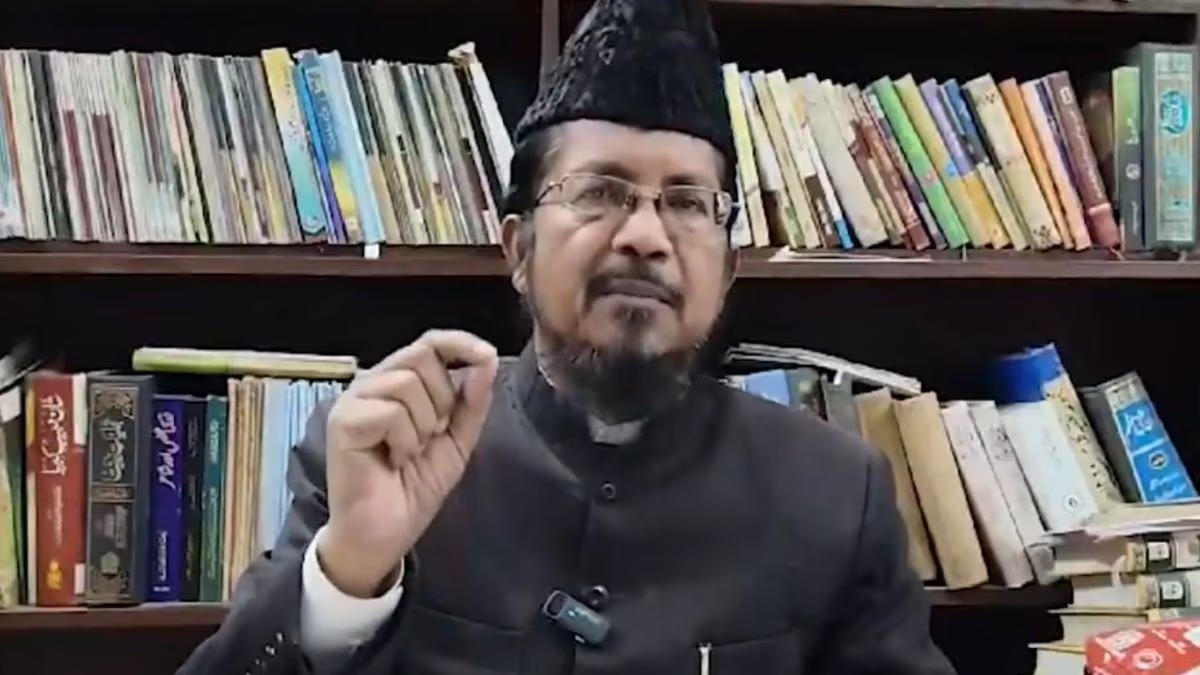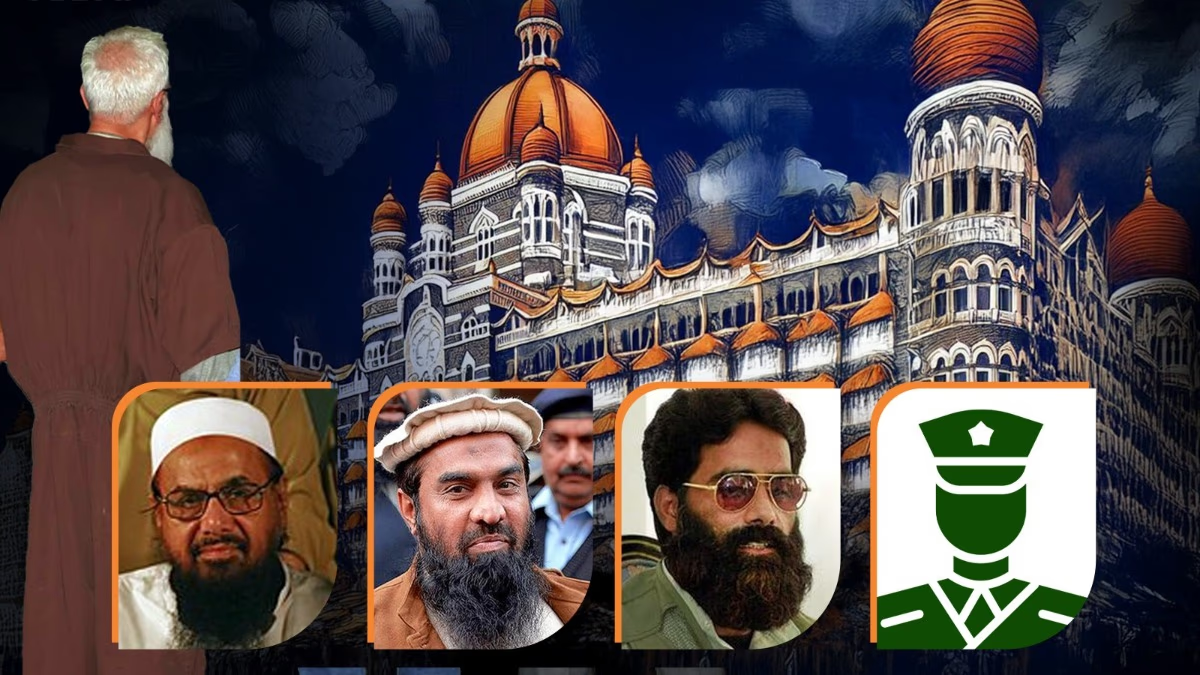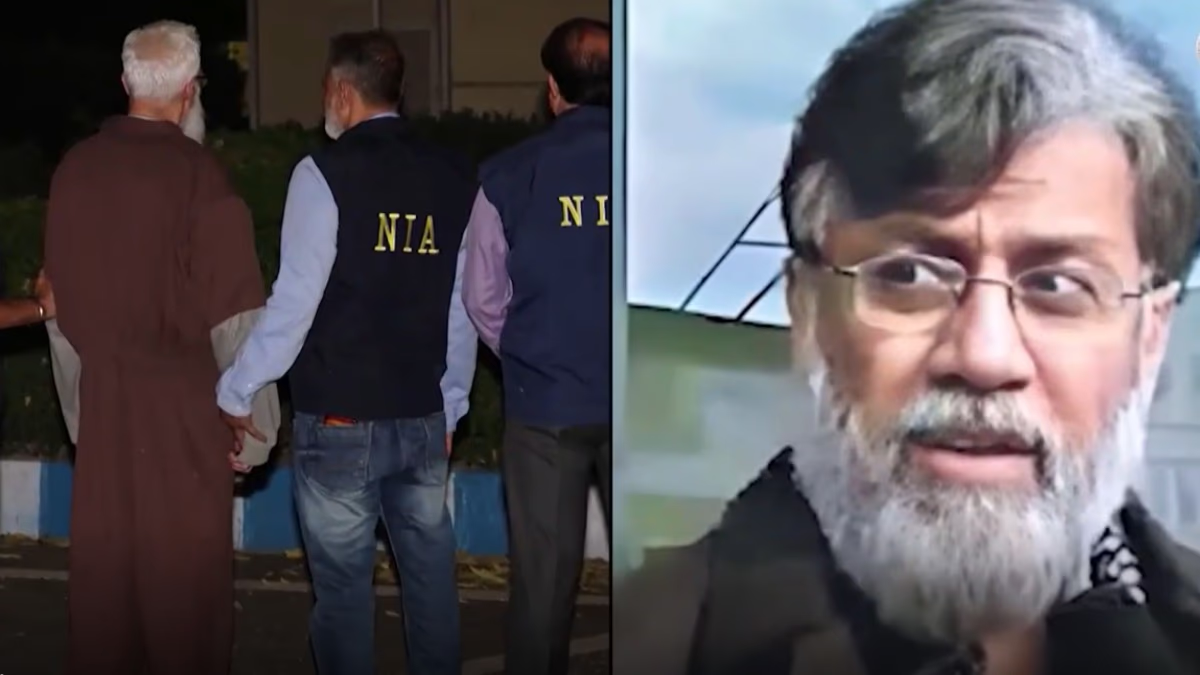After being passed by Parliament and receiving the President's approval, the Waqf Amendment Bill has now become law. The decision by Modi's government to amend the Waqf Law has elicited mixed reactions from the Muslim community. In some states, Muslim organizations are opposing the new Waqf Law, while others have supported it. Violent protests against the Waqf Law took place in Murshidabad, West Bengal, where hate speeches were delivered under the guise of protests.
In Kolkata, West Bengal's capital, Jamiat Ulema-e-Hind staged a protest against the Waqf Law at the Ramleela Maidan on Wednesday. This protest was led by the organization's Bengal chief, Siddiqullah Chowdhury, who is also a minister in Mamata Banerjee's government. Jamiat Ulema-e-Hind passed a resolution opposing the Waqf Law and initiated a campaign to collect signatures from one crore people. This resolution will be sent to Prime Minister Narendra Modi, urging him to repeal the Waqf Law.
17 Petitions Against Waqf Law in SC
While protests against the Waqf Law continue on the streets, it is also being challenged in the Supreme Court. So far, 17 petitions against the Waqf Law have been filed in the Apex Court, with 10 being listed. The bench of three judges, chaired by Chief Justice of India Sanjiv Khanna, will hear these petitions on April 16. Opponents of the Waqf Law claim it is against the Muslim community and that Indian Muslims will not accept it. Yet, those opposing the law are facing challenges from within their own community, leading to differing opinions among Muslims: some against and some in favor of the law.
Muslims Advised to Stay Away from Provokers
Maulana Shahabuddin Razvi Barelvi, President of All India Muslim Council, advised the Muslim community to stay away from those inciting unrest. Shahabuddin Razvi stated that the Waqf Amendment Law protects the interests of poor and marginalized Muslims. The income generated from Waqf land will be used to improve the social, educational, and economic status of poor and Pasmanda Muslims. He assured that this law poses no threat to mosques, madrasahs, Eidgahs, cemeteries, and shrines, whose status will remain unchanged. He warned that some political people are misleading Muslims for their vested interests. Maulana Shahabuddin emphasized that there is no need to fear the Waqf Law or engage in aggressive protests. Demonstrating is a citizen's right, but political figures inflame Muslim sentiments for their goals, as seen in the CAA incident.
Maulana Shahabuddin Razvi Barelvi is an Indian Islamic scholar and historical author, as well as a social activist. He has been working on Pasmanda Muslim issues for the past decade. He is the founder of the Islamic Research Center, national secretary of All India Tanzim Ulama-e-Islam, and a former general secretary of All India Jamaat Raza-e-Mustafa. Maulana Shahabuddin has authored books in English, Urdu, and Hindi on Islamic history, thoughts, and theology, with notable works including "Tareekh Jamaat Raza-e-Mustafa," "Khulfa of Mufti-e-Azam Hind," "Hayate Tajush Sharia," and "Rasaile Tajush Sharia."
Conspiracy to Mislead Muslims
Maulana Sajid Rashidi, President of All India Imam Association, echoed similar sentiments to those opposing the Waqf Law. Maulana Rashidi accused that illegal encroachments on Waqf properties have deprived their rightful owners. He mentioned that shops of encroachers will be shut following amendments to the older Waqf Law. This is why conspiracies are underway to mislead common Muslims about the new Waqf Law.
Law Protects Interests of Muslim Women
Shaista Amber, President of All India Muslim Women's Personal Law Board, also supports the Waqf Law. She stated that this law will protect Muslim women's interests and become a milestone in their empowerment. Waqf land is donated, cannot be bought or sold, and the income should benefit poor Muslims. The government's intent behind amending the Waqf Law is to ensure the benefits from Waqf property income reach economically weaker Muslims. Misunderstandings regarding the new Waqf Law within the Muslim community can be resolved through dialogue.




